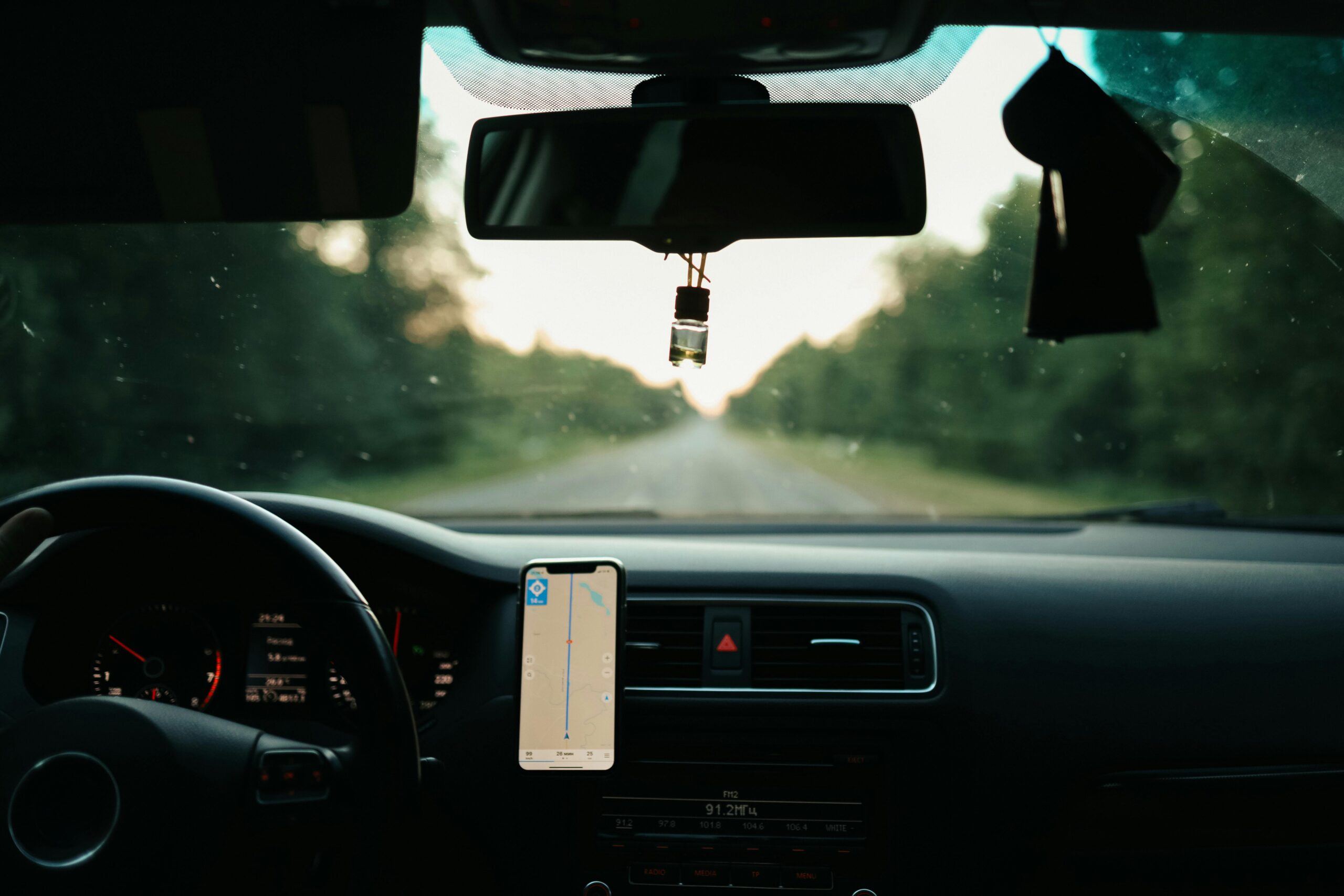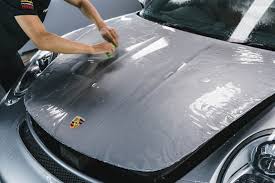Autocare
Reasons Not to Tint Car Windows and When It Might Be a Bad Idea
When Tinting Isn’t Worth It: Situations Where Window Film Could Be a Mistake
Window tinting is one of the most popular automotive upgrades for vehicle owners looking to improve comfort, aesthetics, and UV protection. From reducing glare and interior heat to giving your ride a sleek, modern look, it’s easy to see why many people search “car window tinting near me” and rush into getting their windows darkened.
However, while tinting may seem like a no-brainer upgrade, there are important reasons not to tint car windows that often get overlooked. In this article, we’ll explore the potential downsides of window tinting, situations where it may not be the best choice, and alternatives like window privacy film that might be better suited to your needs.
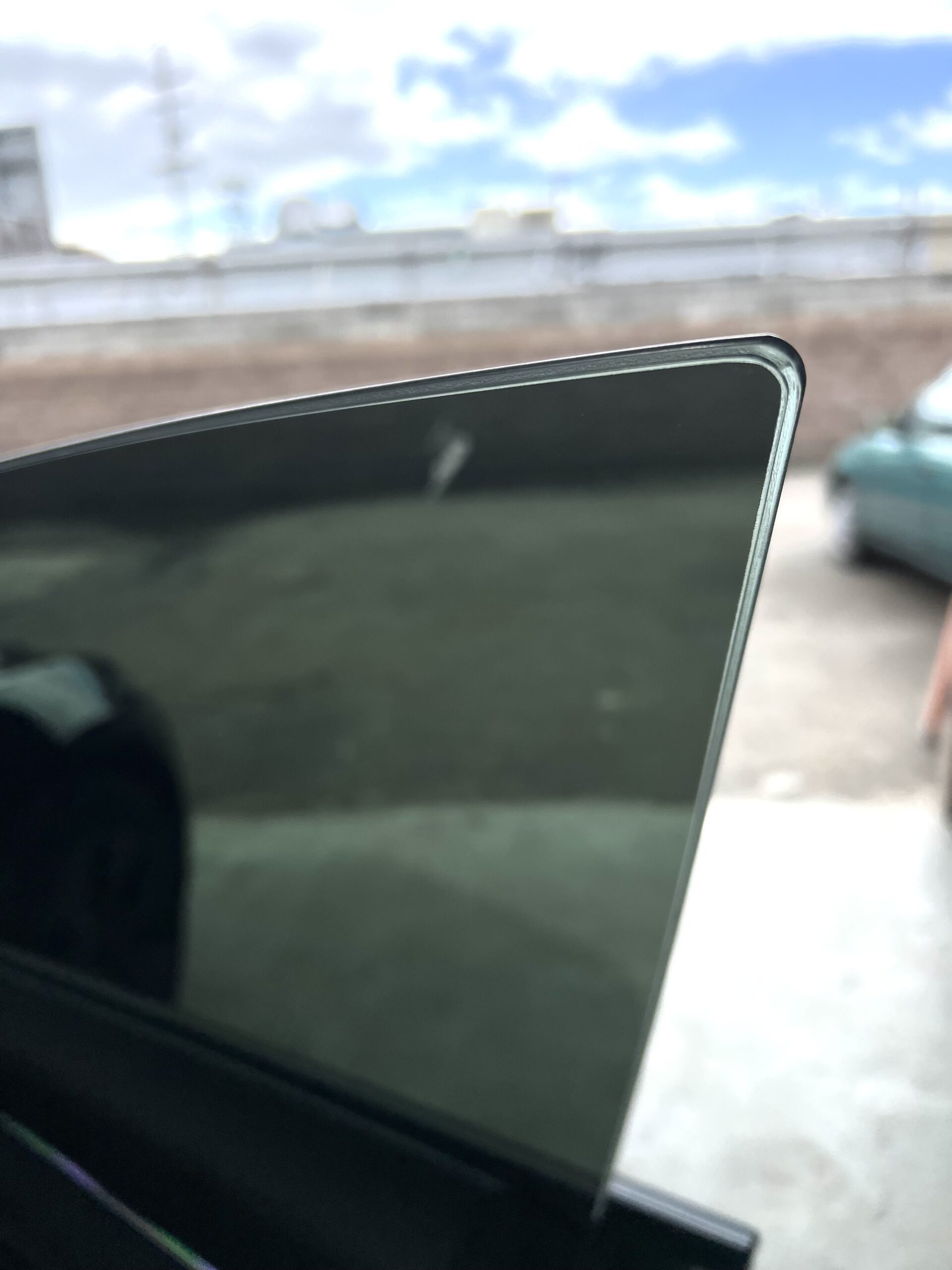
1. Visibility Issues at Night
One of the most common reasons not to tint car windows is reduced visibility. While a darker tint may improve privacy and reduce sun glare during the day, it can significantly impair your vision in low-light conditions.
Why It's a Problem:
- Driving at night, through tunnels, or in rainy conditions can become more difficult with heavily tinted windows.
- Poor visibility puts you, your passengers, and others on the road at higher risk.
Many drivers aren’t aware that window tint is measured in window tint percentages, which refer to the amount of visible light that can pass through the film. A 5% tint (often referred to as “limo tint”) blocks 95% of visible light, making it nearly impossible to see clearly at night. For some, this aesthetic appeal simply isn’t worth the safety tradeoff. In san Jose, the legal tint percentage is to let at least 70% of light to pass through (70% VLT).
2. Legal Restrictions and Fines
Another key reason why tinting may be a bad idea is due to window tint laws that vary by state or province. You might unknowingly violate these regulations if you install a film that’s too dark, especially on front side windows or windshields.
Risks Include:
- Being pulled over and fined for non-compliant tint.
- Failing vehicle inspections.
- Having to pay for removal and reinstallation.
3. Poor Quality DIY Tints Can Lead to Bubbles, Peeling, and Cracks
The DIY market is filled with inexpensive tint kits promising a professional finish at a fraction of the cost. But in reality, applying window tint is a delicate process that requires skill, precision, and clean working conditions.
Why It Fails:
- Bubbles form from dust or improper application techniques.
- Peeling or cracking can occur within months.
- Poor adhesion may reduce the effectiveness of UV and heat protection.
Professionals, like the ones from RogueAutoSalon, not only use higher-quality films, but also guarantee durability, proper application, and legal compliance. If you’re considering doing it yourself, this is one of the most common reasons not to tint car windows without professional help.
4. It Might Not Match the Purpose or Style of the Vehicle
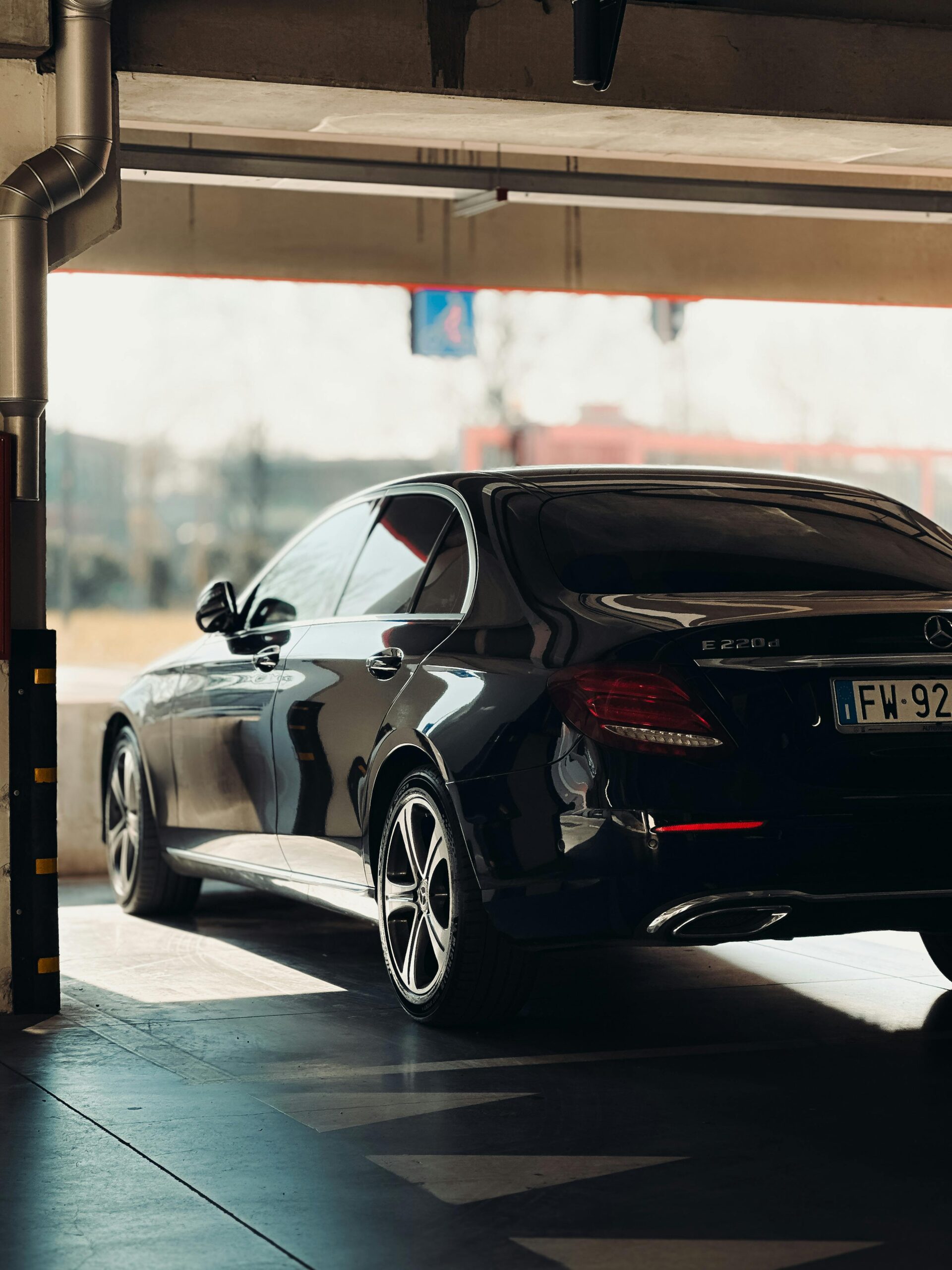
Believe it or not, not every vehicle benefits from tinted windows from a visual or functional standpoint. For example, if you’re driving a classic car or a family minivan, a heavy tint could clash with the vehicle’s overall style or intended use.
Some factors to consider are:
- Tint might make your car look overly sporty or aggressive, which isn’t always desirable.
- Some people prefer a clear, bright cabin for family road trips or visibility for children in the back seat.
- Certain trims or features (like running boards) may already give the car a bold appearance, making tint unnecessary or excessive.
Instead, consider alternatives like window privacy film for selective use on rear windows, which provides privacy without darkening the entire vehicle.
5. Reduced Resale Value in Certain Markets
While tinting can protect your interior and make your car look great, in some regions or markets, dark tints can hurt resale value. Potential buyers may not want to deal with legality concerns, visibility issues, or the hassle of removing non-factory modifications.
Some potential buyer turn-offs are:
- Dark tints that reduce cabin visibility.
- Mismatched or faded tints due to improper installation.
- Preference for OEM (original equipment manufacturer) conditions.
Buyers searching for practical vehicles (e.g., parents, older drivers, or rideshare users) may view tinted windows as a drawback. This is one of the more subtle but significant reasons not to tint car windows if you’re planning to sell or trade in your vehicle soon.
6. Increased Attention from Law Enforcement
Tinted windows can unfortunately attract the attention of law enforcement. In many areas, heavily tinted windows are associated with concealment or illegal activity—even if that’s not the case for you.
What This Means:
- You may be stopped more frequently for window tint inspections.
- Police may question whether your tint is legal, even if it is.
- You risk citations if your tint fails to meet state or provincial standards.
This added stress and potential for fines are valid reasons not to tint car windows, especially if you drive long distances or in areas with strict enforcement.
7. Interior Monitoring and Dash Camera Limitations
In the era of dash cams, baby monitors, and security devices inside vehicles, excessively dark tints can hinder these tools from functioning properly.
Consider:
- Rear dash cams may not capture clear footage.
- Baby monitoring systems or backup cameras relying on interior light may perform poorly.
- Interior cameras for insurance or rideshare purposes may lose visibility.
If you’re using your vehicle for business, commuting, or family purposes, visibility into the cabin might matter more than the benefits of tint.
8. Potential Insurance Issues
While not common, there have been instances where overly dark window tint has led to complications with insurance claims. If your tint violates local regulations or impairs visibility, an insurance company might use this as a factor in liability or denial of certain claims.
Example Scenarios:
- In accidents where visibility is a factor, tint might be blamed.
- Illegally tinted windows might void certain coverage clauses.
- Tint removal might be required before a repair is authorized.
These potential hassles can become unexpected consequences, reinforcing the reasons not to tint car windows too dark or without proper consultation.
9. Maintenance and Longevity Concerns
Even high-quality window tint films require some care to stay in good condition. If you’re not prepared to maintain your tint properly, you may end up with discoloration, scratches, or bubbling over time.
Factors That Reduce Tint Life:
- Cleaning with ammonia-based products.
- Excessive sun exposure without UV-resistant film.
- Rolling down windows before tint adhesive cures.
While professional installations hold up better, poor maintenance still leads to premature wear and damage. This adds to the list of reasons not to tint car windows if you don’t want to commit to ongoing upkeep.
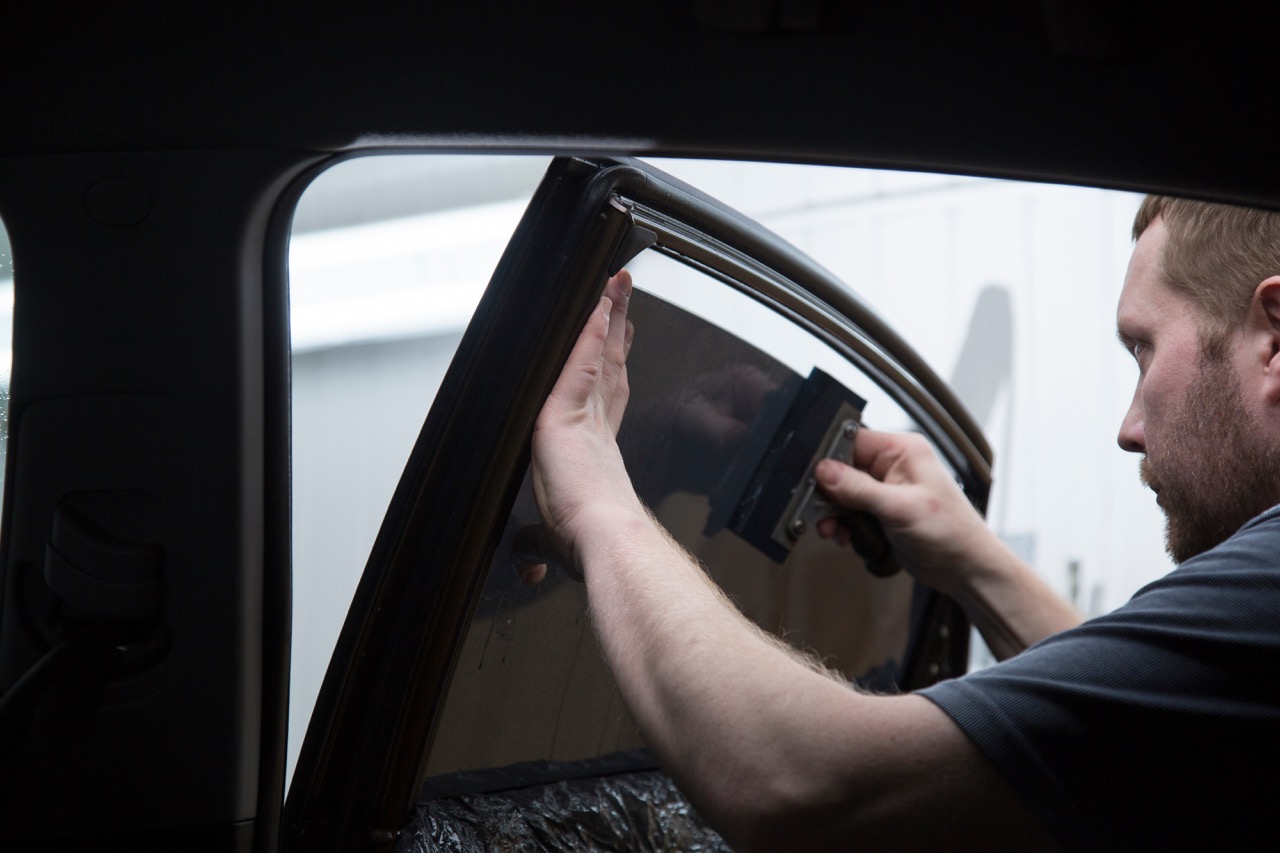
Alternatives Like Window Privacy Film Can Offer the Same Benefits
Finally, it’s important to remember that full-scale tinting isn’t the only option. Window privacy film is a non-permanent solution that can be applied to certain windows for privacy and sun protection—without committing to full tint.
Advantages of Privacy Film:
- Easily removable or replaceable.
- Doesn’t affect front windshield visibility.
- Available in frosted, mirrored, or lightly tinted options.
For those hesitant about permanent modifications, window privacy film offers a flexible and often more legal-friendly alternative.
When Tinting Might Be a Good Idea Instead
Despite all the drawbacks listed above, there are many situations where professional, legal, and well-selected tinting provides real benefits:
- You live in a very sunny or hot climate.
- You park outdoors often and want UV protection.
- You’ve verified the legal limits for window tint percentages in your region.
- You’ve found a reputable provider when searching window tinting near me who uses quality products.
- You want to protect children or pets from excessive heat and sunlight.
If these apply to you, tinting might still be worth considering, as long as it’s done correctly.
Conclusion: Make an Informed Decision
Window tinting offers benefits like improved comfort, privacy, and protection—but it’s not a one-size-fits-all solution. From reduced visibility to potential legal and resale issues, there are plenty of reasons not to tint car windows, especially if done without proper research or professional help.
Before making a decision, assess your needs, driving conditions, local regulations, and long-term plans for your vehicle. Whether you ultimately go for tint, window privacy film, or skip it altogether, understanding both sides ensures you make the best choice for your safety, style, and budget.

